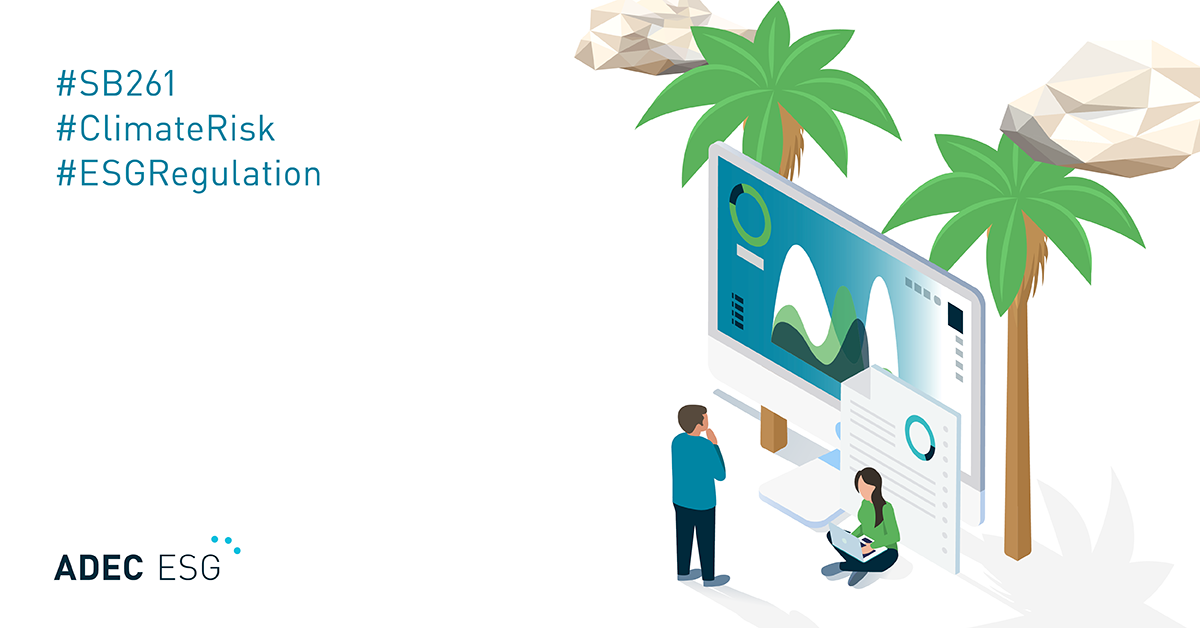Check out Part 1 of this series if you missed it!
What is a science-based target?
Emissions reduction targets adopted by companies to reduce GHG emissions are considered “science-based” if they are in line with the level of decarbonization required to keep global temperature increase from pre-industrial times to below 2°C, as described in the Assessment Report of the Intergovernmental Panel on Climate Change (IPCC AR5). Our planets current trajectory is leaning toward a 4°C temperature increase above pre-industrial levels.
Scientists warn that we must limit global warming and our carbon emissions because we are already seeing more extreme weather events as a result of the current trajectory. It is critical that businesses begin setting more ambitious targets that are in alignment with climate science predictions.
In order to set a science-based target, companies are encouraged to share their commitment with Science Based Targets, a joint initiative between CDP, the UN Global Compact (UNGC), the World Resources Institute (WRI), and the World Wildlife Fund (WWF). Thus far, 118 companies, including Coca-Cola Enterprises, General Mills, Sony and Kellogg, have taken the next step in setting targets and driving ambitious corporate climate action through the Science Based Targets Initiative. Ken Powell, chairman and CEO of General Mills, says, “We understand that no one company, industry or government will mitigate climate change. It is an urgent and shared global challenge. Real progress toward more sustainable emission levels will require unprecedented collaboration and collective innovation.”
How can companies set science-based targets?
You can join the movement by following three steps:
1. Submit the “Commitment Letter Form” to info@sciencebasedtargets.org.
2. Develop a new science-based target within the next 24 months.
3. Announce your target by submitting the “Target Check Form” to info@sciencebasedtargets.org.
Targets must meet a few criteria to be eligible under the Science Based Targets Initiative’s Call to Action:
Boundary: The target must cover company-wide Scope 1 and Scope 2 emissions and all relevant GHGs as required in the GHG Protocol Corporate Standard. Relevant GHGs per the Corporate Standard include carbon dioxide (CO₂), methane (CH₄), nitrous oxide (N₂O), hydrofluorocarbons (HFCs), perfluorocarbons (PFCs), sulphur hexafluoride (SF₆), and nitrogen trifluoride (NF₃). In the case of Scope 2 emissions, targets can be set using either the location-based or market-based approach.
Timeframe: The target must cover a minimum of 5 years and a maximum of 15 years from the date of announcement of the target (a.k.a. submission of the “Target Check Form”).
Level of ambition: At a minimum, the target will be consistent with the level of decarbonization required to keep global temperature increase well below 2°C compared to pre-industrial temperatures.
Scope 3: Companies should complete a Scope 3 screening covering all relevant scope 3 categories as defined by the GHG Protocol Corporate Value Chain (Scope 3) Accounting and Reporting Standard before setting their GHG emission reduction targets. A measureable target with a clear timeframe should then be set if Scope 3 emissions cover a significant portion (greater than 40% of total Scope 1, 2 and 3 emissions) of a company’s overall emissions. In this case, an ambitious Scope 3 target must include the majority of value chain emissions (e.g., top 3 categories, or 2/3 of total Scope 3 emissions).
Reporting: A company-wide GHG emissions inventory should be disclosed on an annual basis.
These criteria will be checked following submission of the “Target Check Form.”
ADEC ESG has scored 15,600+ CDP responses since 2011* and is an expert in both the scoring methodology and in building streamlined corporate systems using state-of-the-art software and sustainability outsourcing services. We offer services to help your organization improve your performance, recognizing the challenges specifically associated with collecting Scope 3 emissions data, and work with you to implement software and data management services that help you gather and calculate data accurately and efficiently. To learn more about how you can get started on your Road to Leadership, download our white paper.
*In accordance with CDP’s conflict of interest policy, FCS does not provide official scoring services for any of our CDP consulting clients.




